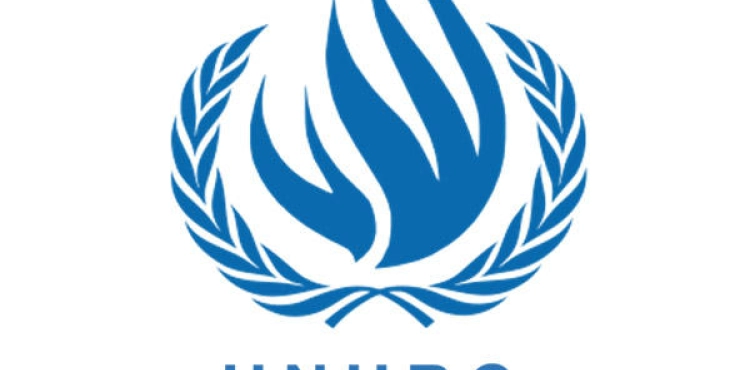The United Nations High Commissioner for Human Rights on Saturday called on the Guinean authorities to "speed up" the organization of the trial of perpetrators of a massacre of opponents committed during an army attack on a sports stadium in Conakry 10 years ago.
In response to the remarks, Guinean Prime Minister Ibrahima Kasuri-Fofana said the Guinean government was "determined" to organize the prosecution of those responsible for "to bring justice to the victims."
"Impunity has prevailed for a long time in Guinea and prevents the healing of the victims´ wounds," Michelle Bachelet said in a statement, stressing that "lasting peace and reconciliation cannot be achieved without justice and responsibility.
On 28 September 2009, the defense and security forces shot, stabbed and killed opponents of the military regime at the largest sports stadium in Conakry, where they gathered to demand that Moussa Dadis Camara, who declared himself president in 2008, not stand for future presidential elections.
The massacre investigation ended at the end of 2017, but no date has been set for the trial to begin.
UNHCR said a UN-appointed international commission of inquiry concluded in December 2009 that the attack "resulted in the death or loss of at least 156 people, including a number of women who died as a result of sexual violence."
The report then angered authorities, who investigators accused of changing the scene.
On the other hand, detainees were tortured and 109 women and girls were victims of sexual violence and bodies were buried in mass pits.
UNHCR concluded that the massacre constituted a "crime against humanity" and held criminal responsibility for a number of Guinean leaders, including Camara.
Bachelet said she regretted that "although the commission of inquiry recommended to the Guinean authorities about 10 years ago to prosecute the officials and pay compensation to the victims, little progress has been made so far," calling on the authorities to "speed up the organization of the trial."
It also expressed concern that "some of the senior officials who have been charged remain in office and have not been brought to justice."
The United States, France and the European Union stressed in a joint statement published on Friday evening "the importance of organizing a trial to hold the perpetrators of these crimes presumed for their actions." The three parties pledged to "cooperate closely" with Conakry for a "transparent and fair trial."
"I want to reassure them (the victims) of our determination to work to uncover the truth," the prime minister said in a speech late on Friday.
He added that "all the supposed perpetrators of these abuses mentioned whatever their political affiliations, qualities, positions and ranks will be held accountable for their actions before the judiciary of our country."
"This trial will be, and we will firmly pledge, an opportunity to bring justice to the victims and to meet the challenge of impunity in Guinea."
He explained that the authorities "will create the material, logistical and technical conditions for the effective organization of this trial at the headquarters of the Court of Appeal in Conakry."












